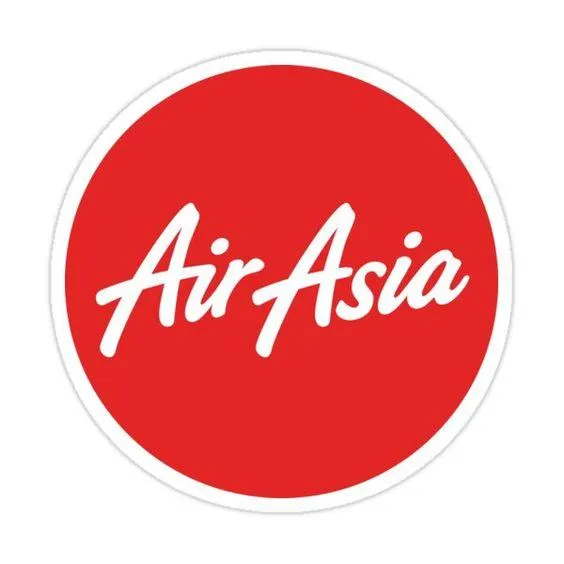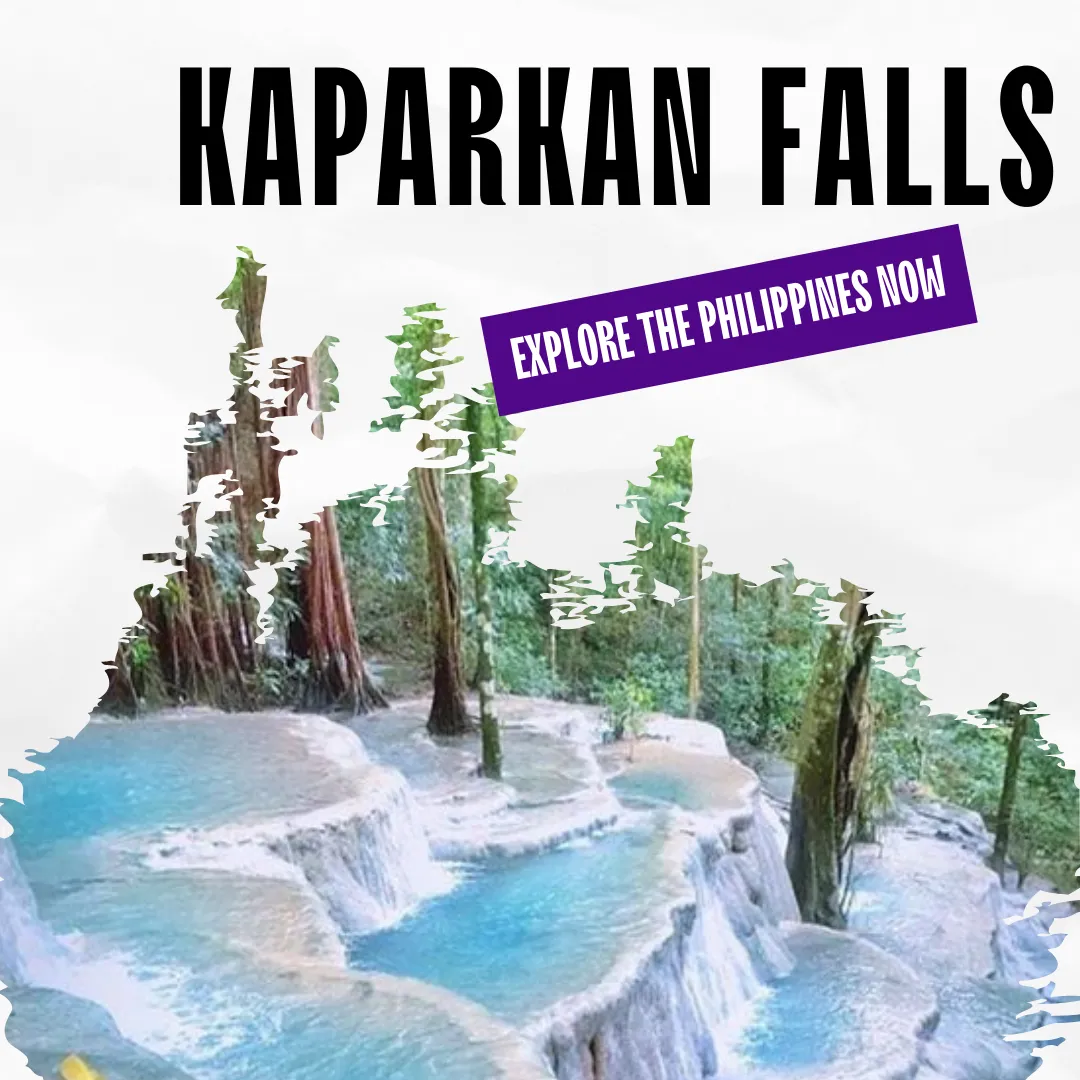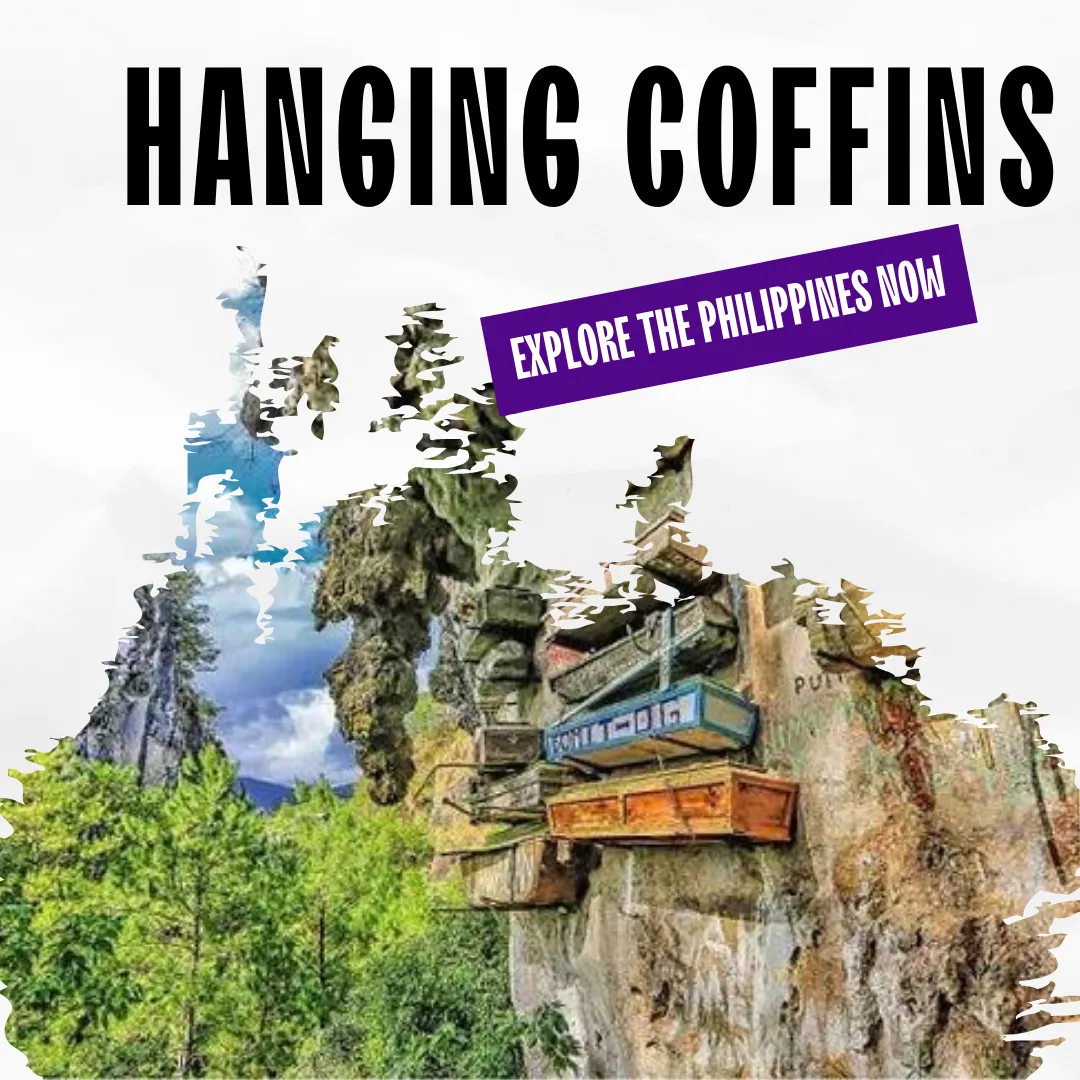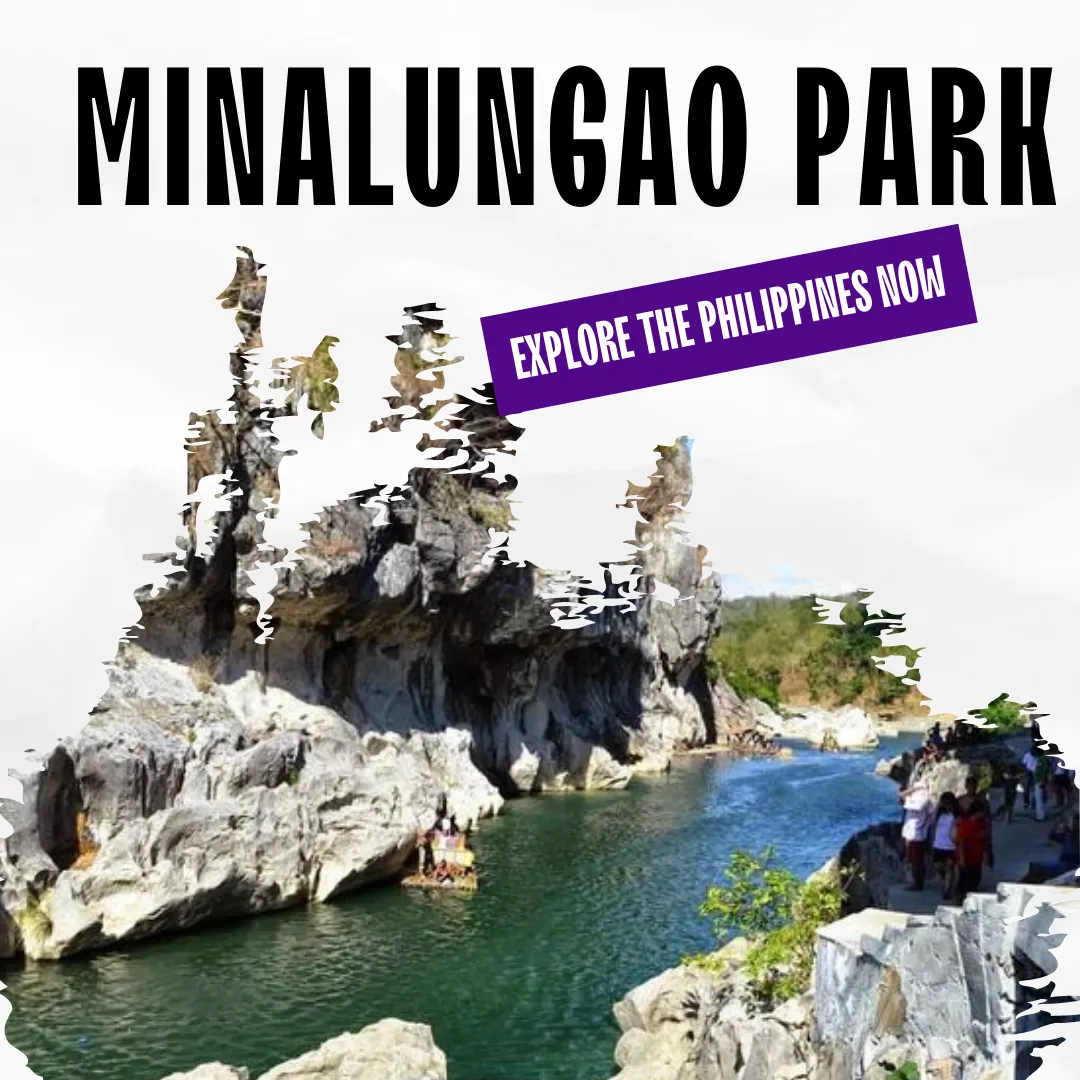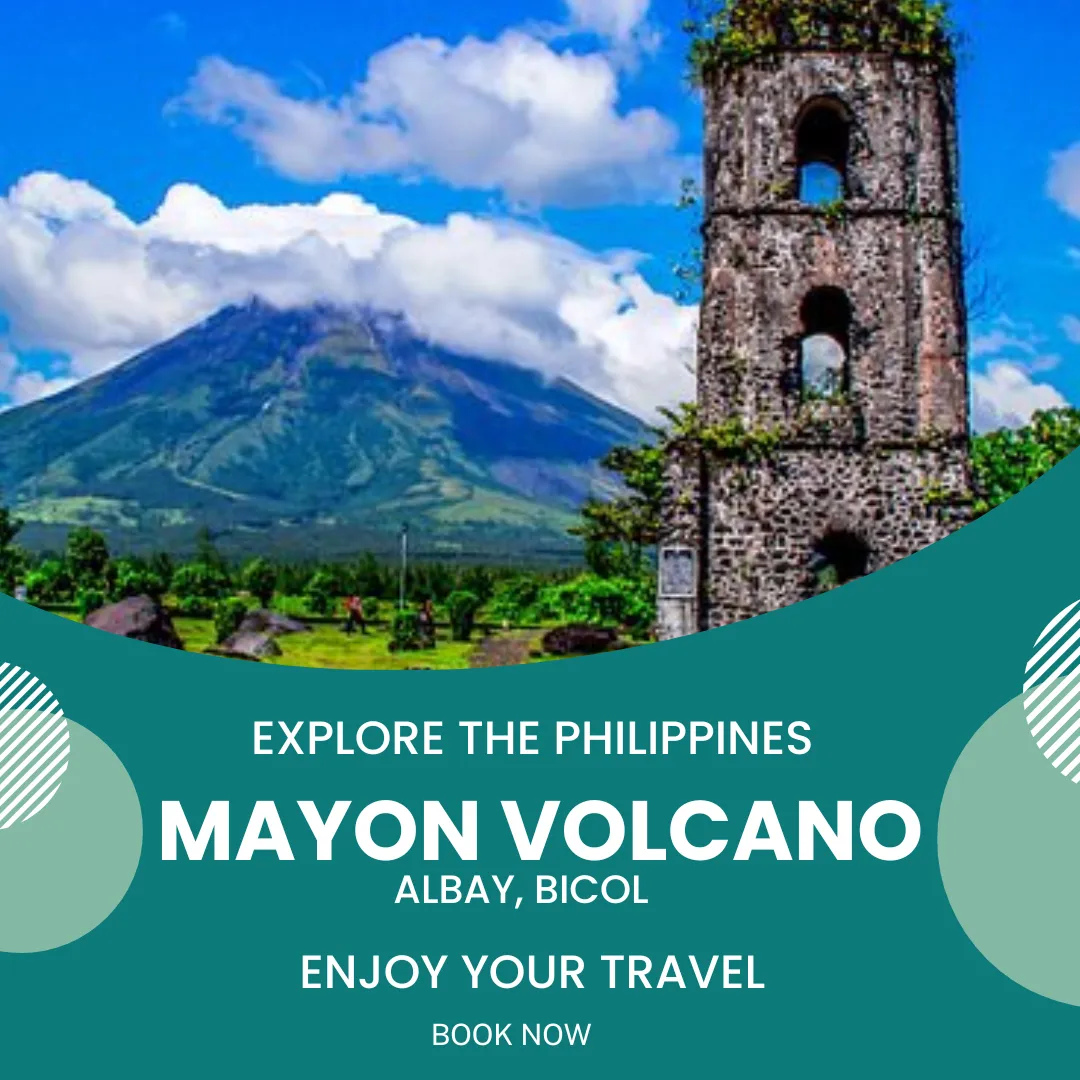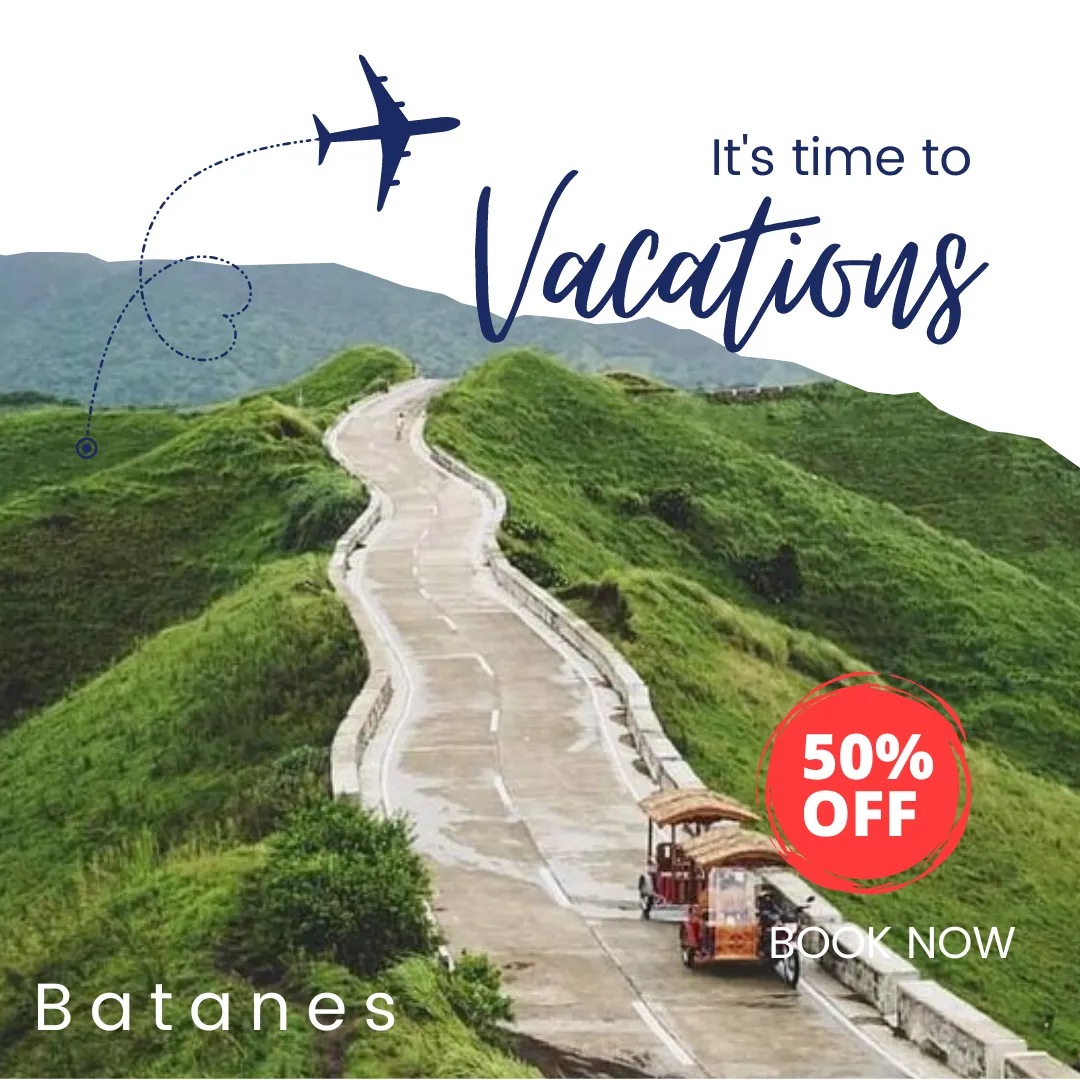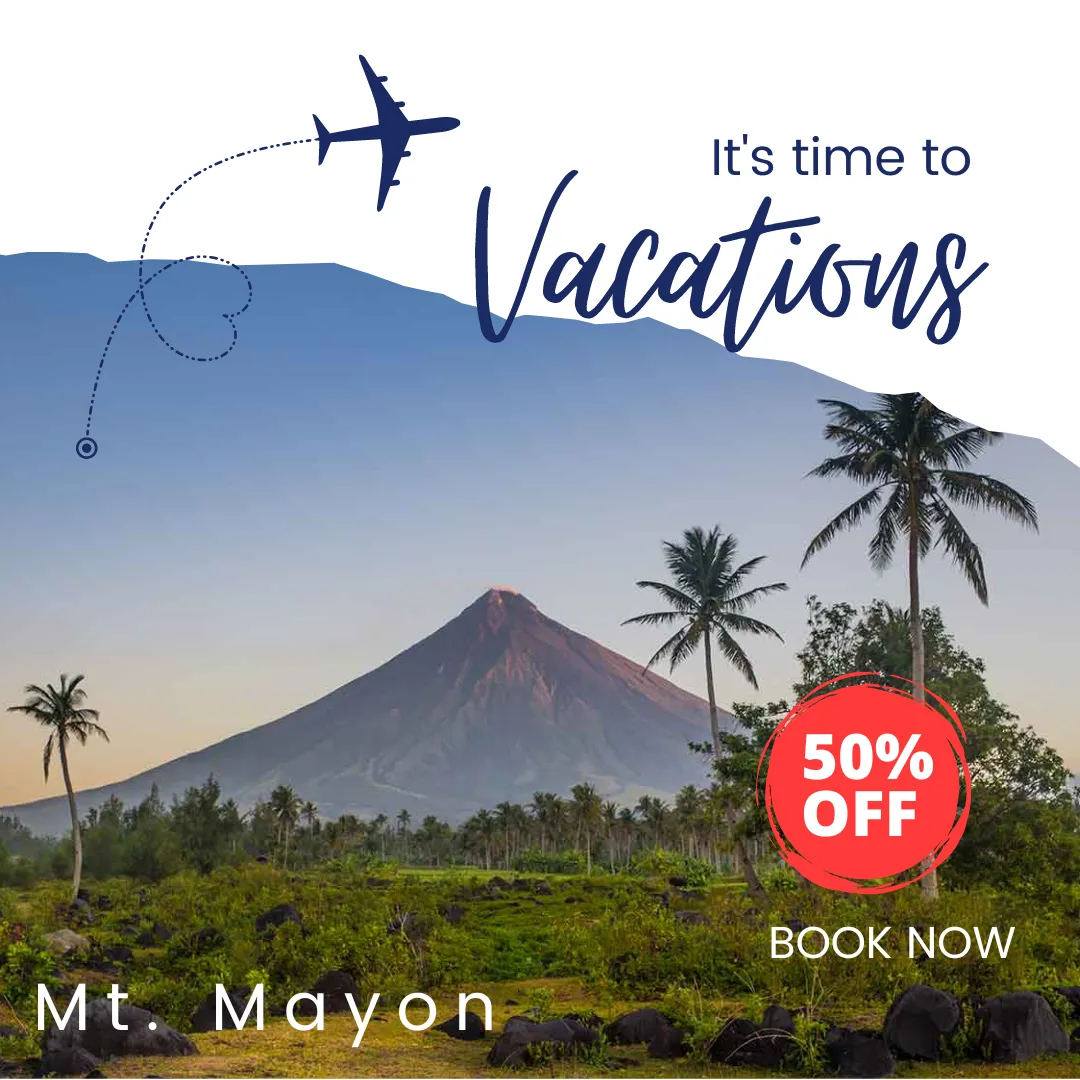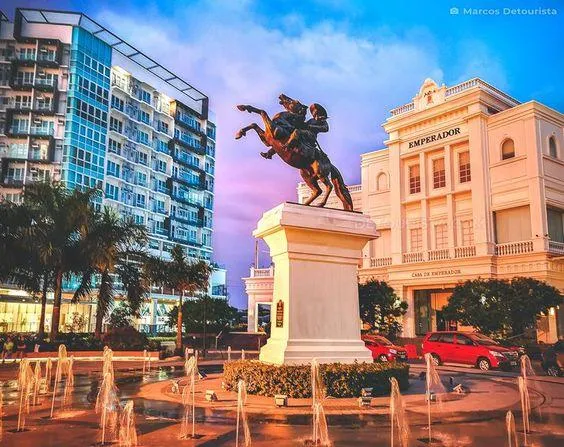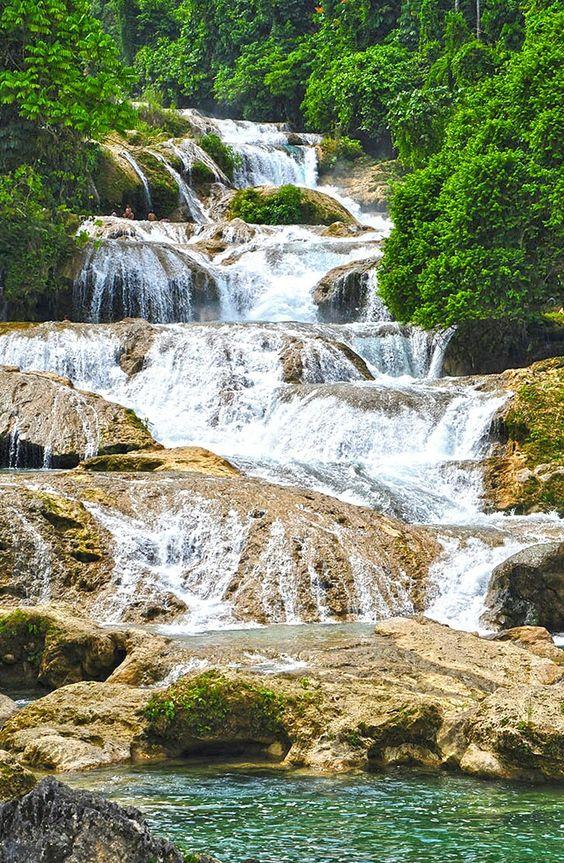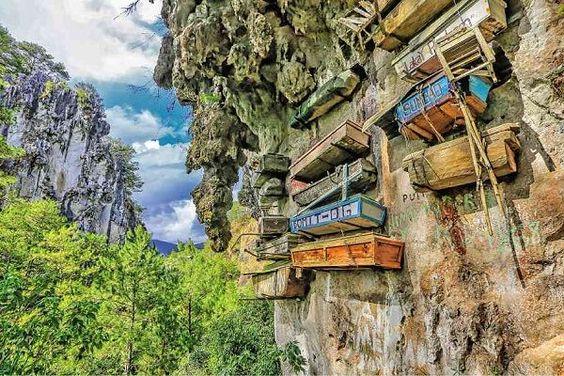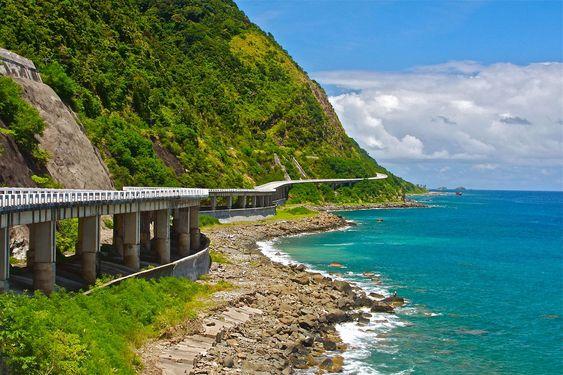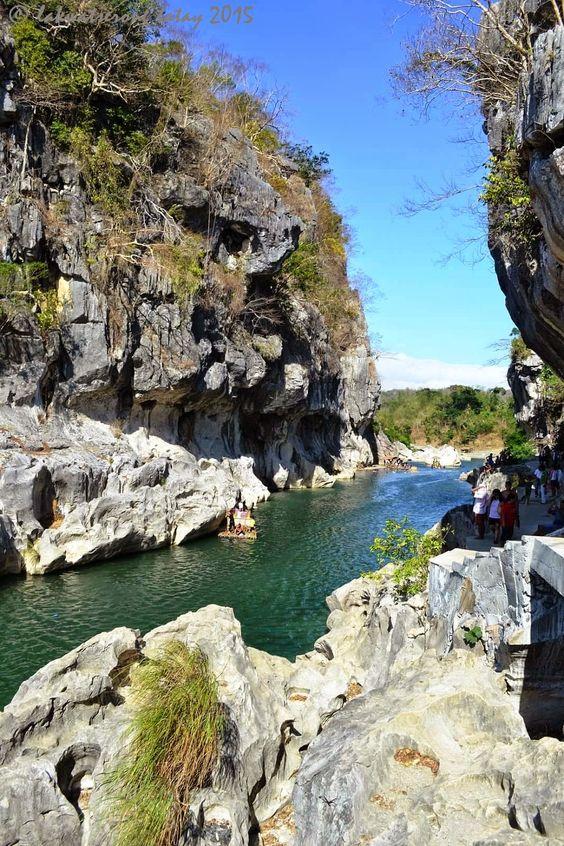PHILIPPINES VACATION PACKAGES
Time to MC Packages
Start Discovering the Philippines
Latest update
Still current at: 21 February 2024
Updated: 22 February 2024
Latest update:
MANILA, Philippines — Fifteen people were killed while two others were injured after a truck fell into a ravine in Mabinay, Negros Oriental yesterday afternoon.
Based on initial police investigation, an Isuzu Canter truck was on its way to Bayawan City when the driver lost control of the steering wheel at a sharp curve. The vehicle fell off a cliff along the national highway of Sitio Tubod in Barangay Bulwang.
Ten of the fatalities were identified by the police as Jun Jun Magos, Peding Desipolo, a certain Lindo, a certain Leo, a certain Jimboy, Jr. Disipulo, a certain Marlon, Ric Ric Disipolo, Dodoy Magos and Allan Flores, all residents of La Libertad, Negros Oriental.
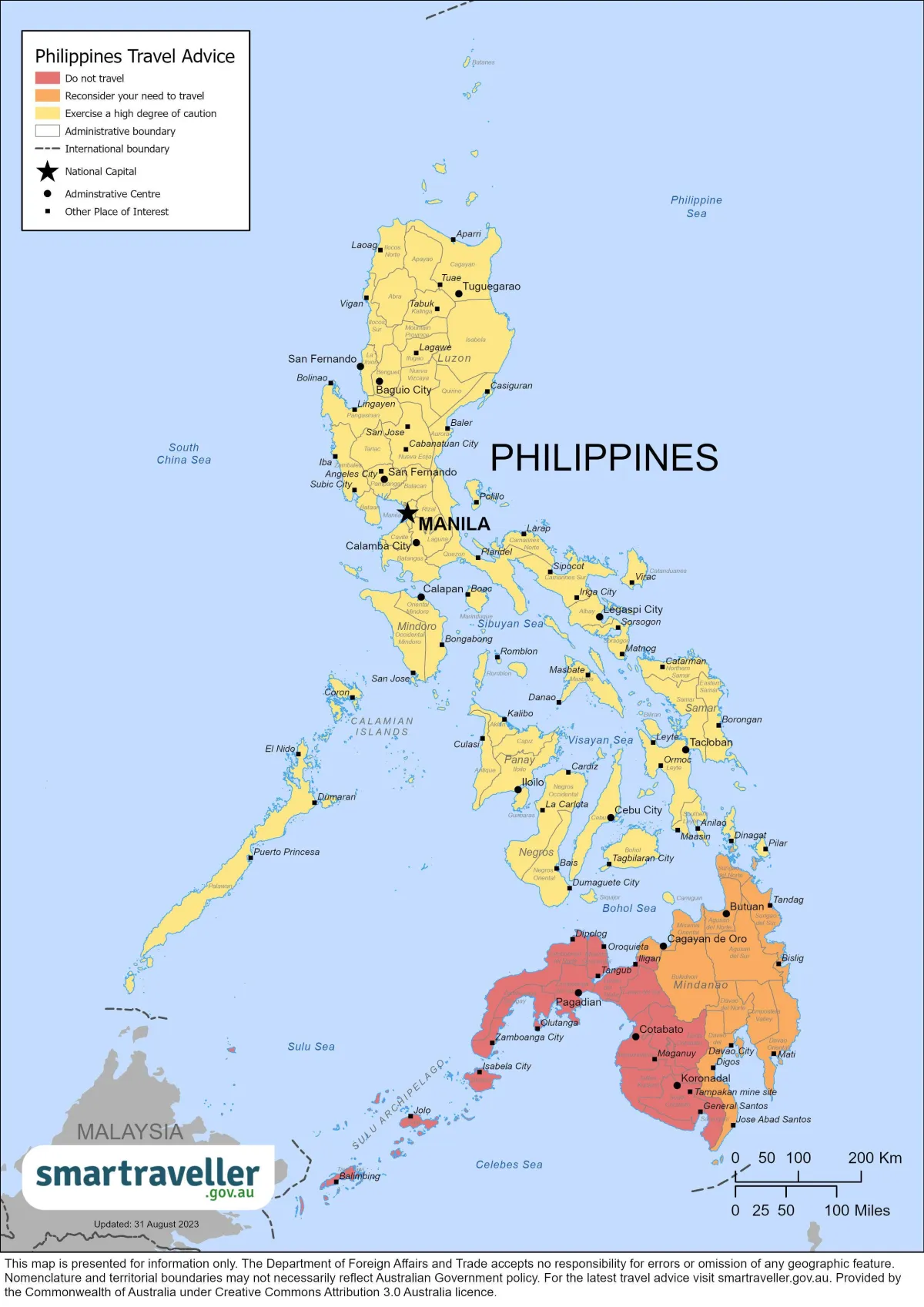
Best times to visit The Philippines
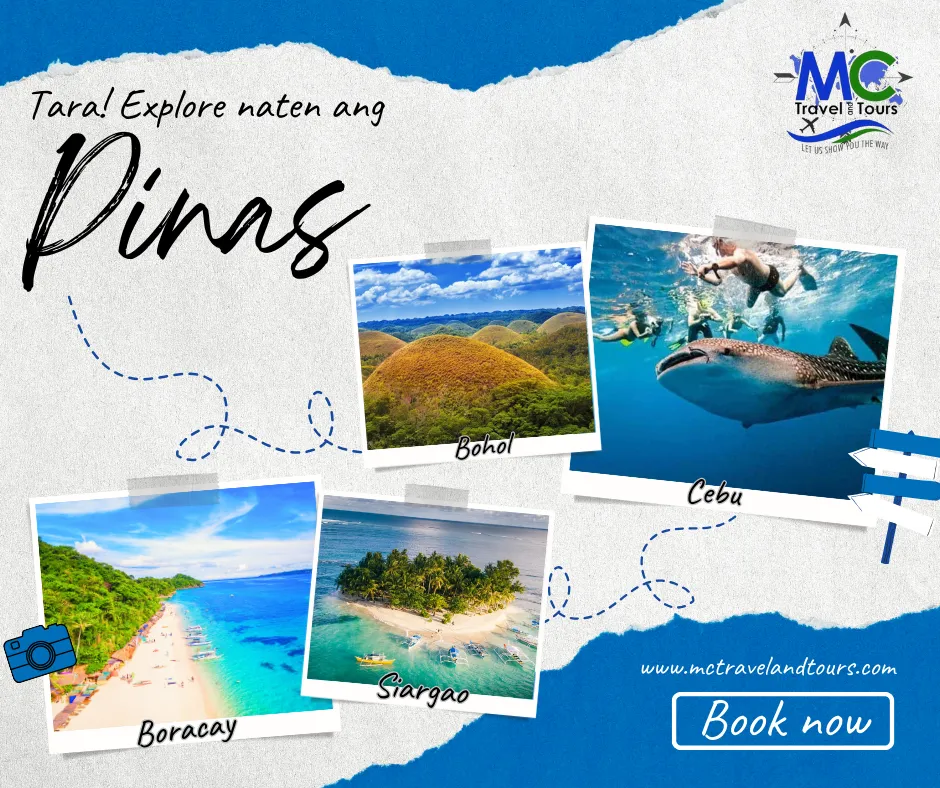
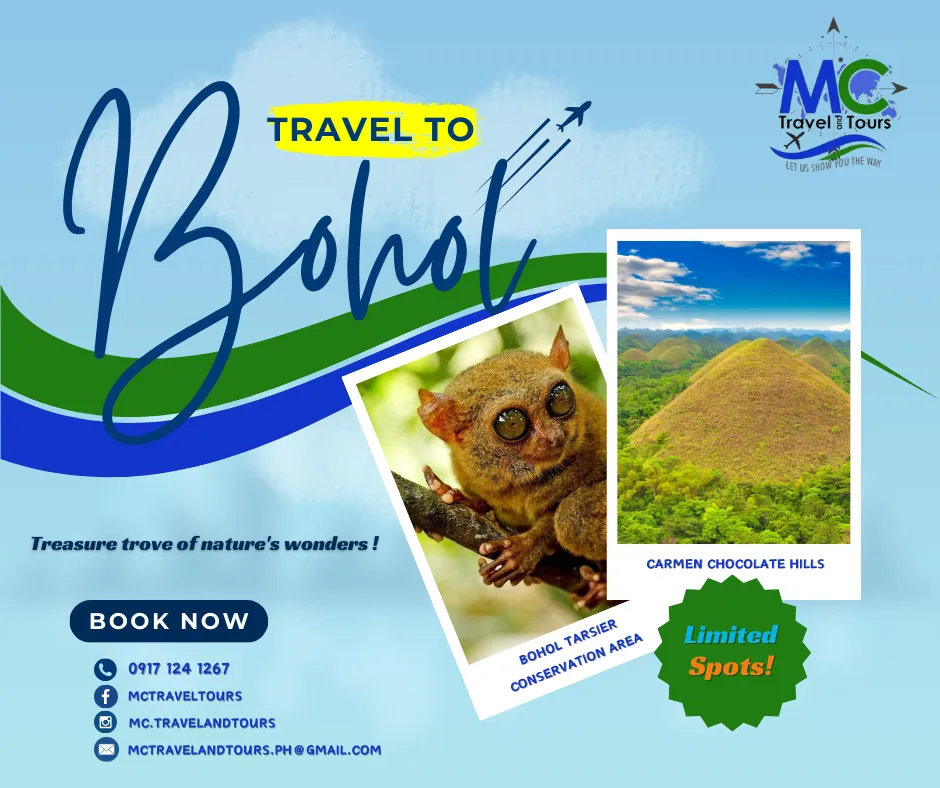

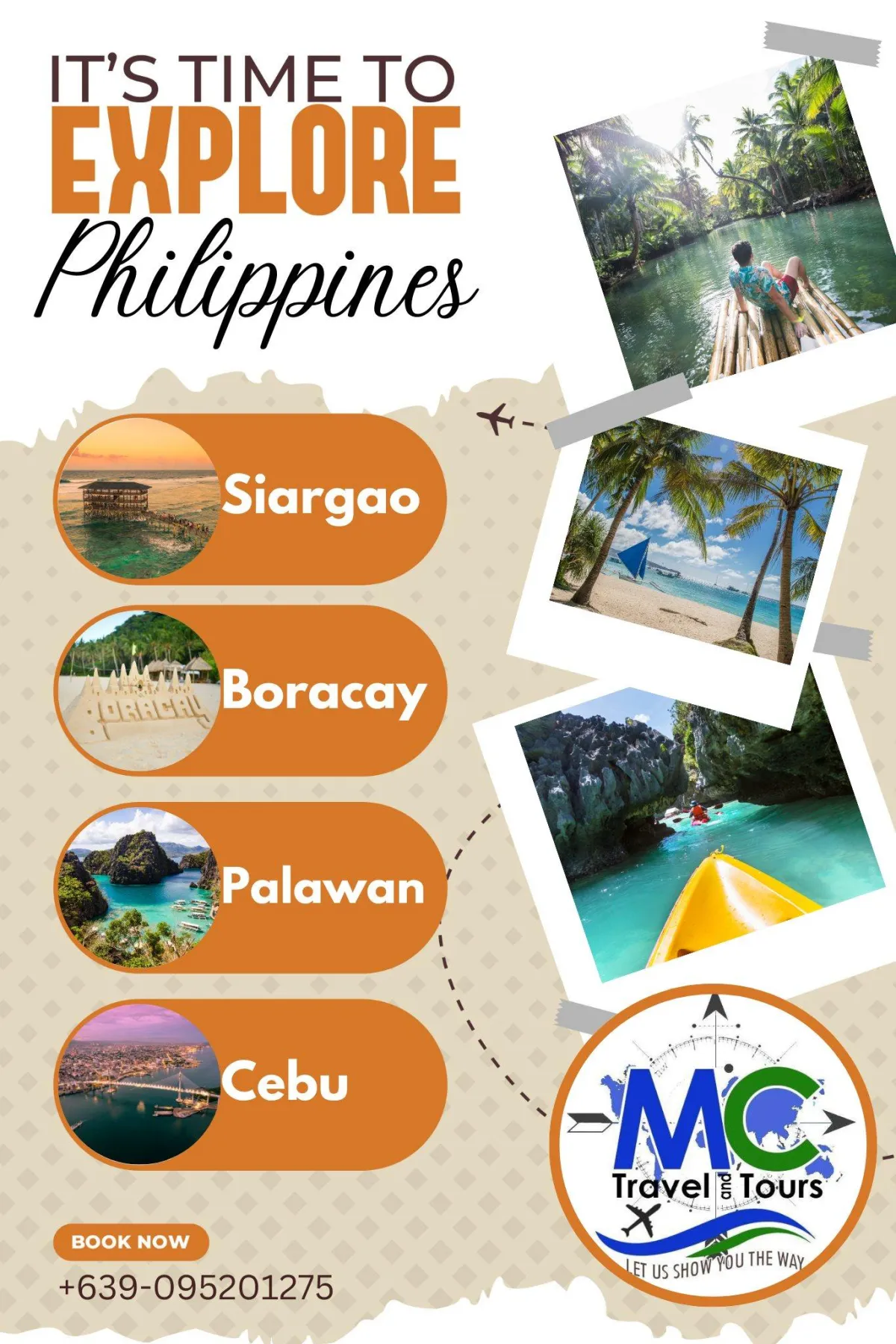
The best time to travel to the Philippines is in the dry season between January and April. This period enjoys hot yet pleasant temperatures and avoids the humidity of the summer months. Perhaps the main reason to visit during this period is that it is the dry weather: the Philippines can endure a huge amount of rain over the summer months, so it is certainly best to visit at the beginning of the year to enjoy the best of the Philippines. However, that said, it is still a tropical climate and you may encounter heavy showers from time to time. Rains at this time tend to be an afternoon shower which cools the land down and washes dust away. Within the dry season the months of January and February tend to offer coolest temperature; January is the coolest month of the year when temperatures are around 25C, rising to an average of around 28C in February.
Some places you want to visit in Philippines
Overview
Safety
Terrorist attacks could occur anywhere in the Philippines. Possible targets include aviation and airports, public transport, hotels, shopping malls, restaurants, major events, places of worship and tourist areas. Be alert to possible threats. On 3 December there was a terrorist attack in Marawi City resulting in fourdead and many injured, leading to heightened security arrangements in Mindanao and elsewhere, including Manila.
The threat of kidnapping and piracy in the southern Philippines is high, especially in the area of the Sulu Archipelago. Kidnappers may target popular tourist areas. If you travel to the southern Philippines despite our advice, get professional security advice. Ensure your accommodation has proper security measures. Don’t travel by boat.
Protests can turn violent. It's illegal to take part in political rallies if you're not Filipino. Avoid large public gatherings.
Violent and other serious crime is common. Many crimes involve guns. Gangs often drug tourists before robbing or assaulting them. Pickpocketing, bag snatching and scams are common. Don't leave food or drinks unattended. Avoid using public transport. Be careful in crowded shopping malls and other public places. Only use ATMs in secure locations.
Typhoons, tropical storms, flooding, landslides, earthquakes and tsunamis are common. These events may disrupt essential services. Know your accommodation's evacuation plan.
Health
Medical facilities are generally adequate in major cities. Medical facilities are limited outside cities.
Malaria and dengue are common, especially in many provincial areas. Other insect-borne diseases include Japanese encephalitis and filariasis. Consider taking anti-malarial medication.
Foodborne, waterborne and other infectious diseases include cholera, typhoid and hepatitis. Drink only boiled or bottled water. Avoid raw or undercooked food. Don't swim in lakes or rivers.
HIV/AIDS is a risk. Take precautions if you engage in high-risk activities.
Local laws
If you're accused of a crime, authorities may not let you leave the Philippines until investigations and legal proceedings are finished. These can take a long time, sometimes years.
Don't use or carry illegal drugs. Penalties are severe and police are strictly enforcing drug laws. Mandatory sentences are common for possessing small amounts of drugs and may include life imprisonment.
The Philippines has strong laws against child sex crimes and human trafficking. Sentences can include life impresonment. You can also be charged under Australian law for child sex crimes committed overseas.
Local laws don't protect LGBTI rights. Consider avoiding public displays of affection.
Travel
You can enter the Philippines without a visa for a period of stay of 30 days or less, provided that you meet all of the requirements and certainconditions. Entry and exit conditions can change at short notice. You should contact the nearest embassy or consulate of the Philippines for the latest details.
You must register your travel to and from the Philippines on theeTravel Cardonline portal in order to receive a QR code to use for arrival and departure formalities.
Airlines and countries you transit through may have different requirements. Check and fully understand the requirements of the airline you're travelling with. Also check the requirements of any country you're transiting through. Transit passengers should ensure they meet allen try requirements for the Philippines. Flight cancellations or delays have resulted in transit passengers who do not meet arrival requirements having to remain inside the airport, sometimes for many days.
Airside transfer is not permitted between Terminal 3, and Terminal 1 or 2 of the Ninoy Aquino International Airport (NAIA). All travelers transiting to or from Terminal 3 must pass through Immigration and meet all Philippine arrival requirements.
Failure to meet entry requirements may result in you being denied entry to the Philippines and detained until the next available flight to your port of departure or Australia, at your own expense.

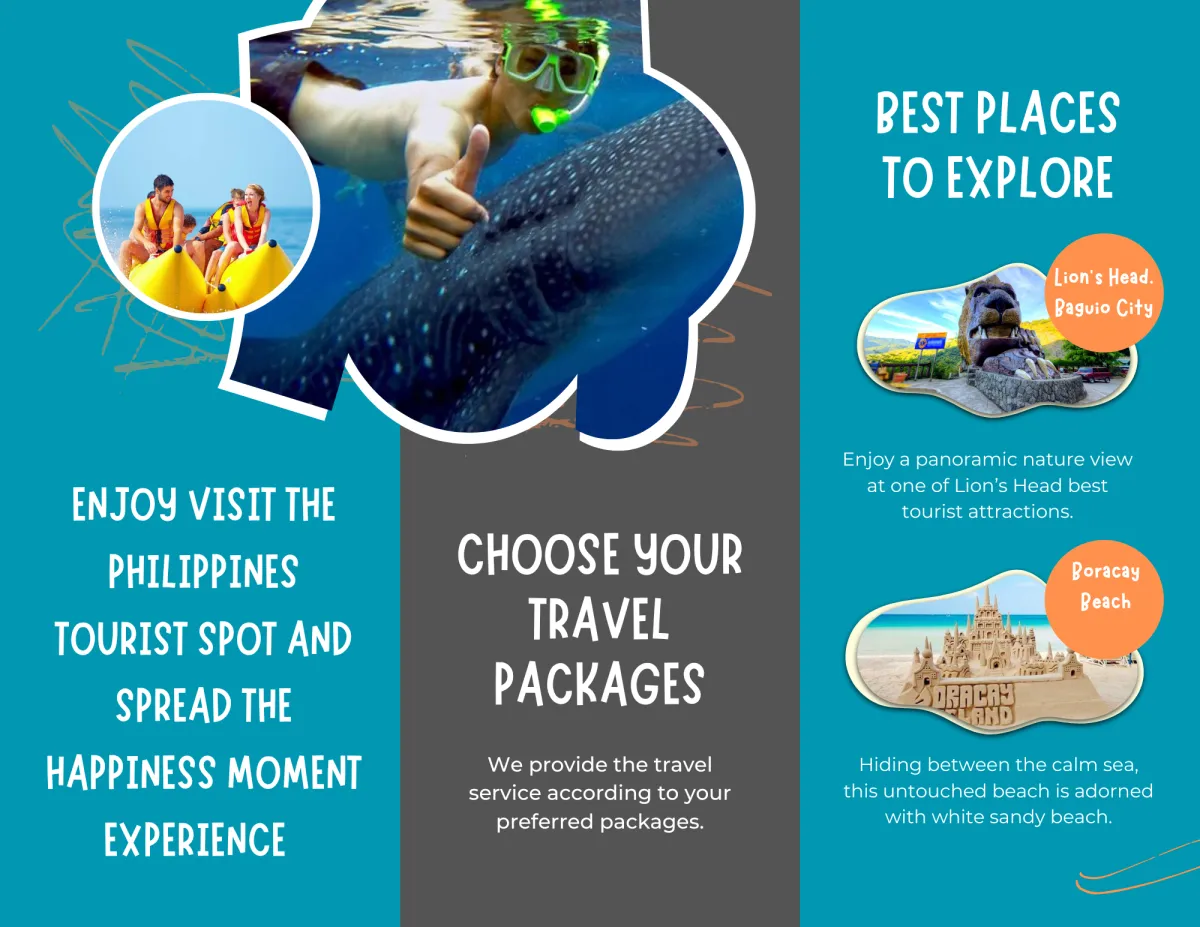
FAQS
How do I use MC Travel & Tours to plan my trip?
Planning your trip with us is easy! Start by exploring our destination guides and various sections tailored to your interests, such as adventure, family travel, or culinary experiences. You can also use our search bar to find specific information. Once you've found a destination or activity you're interested in, click on it to access detailed information, insider tips, and recommendations. Don't forget to check out our budget-friendly advice and travel updates for a seamless journey.
Are the recommendations on your website up-to-date?
Yes, we take great care to keep our recommendations current. Our team regularly updates the website with the latest information, including travel advisories, safety tips, and cultural events. However, it's essential to double-check specific details, like opening hours and prices, with local sources as things can change. We also encourage travelers to verify visa requirements and health guidelines before embarking on their journey, as these can vary by destination and change over time.
Can I contribute my travel experiences or tips to your website?
Absolutely! We value community engagement and welcome your contributions. If you have unique travel experiences, valuable insights, or hidden gems you'd like to share with fellow travelers, please reach out to us through our contact page. Our team will review your submission, and if it aligns with our guidelines and quality standards, we'd be delighted to feature your content on our website, giving you a chance to inspire and help other travelers on their adventures.
